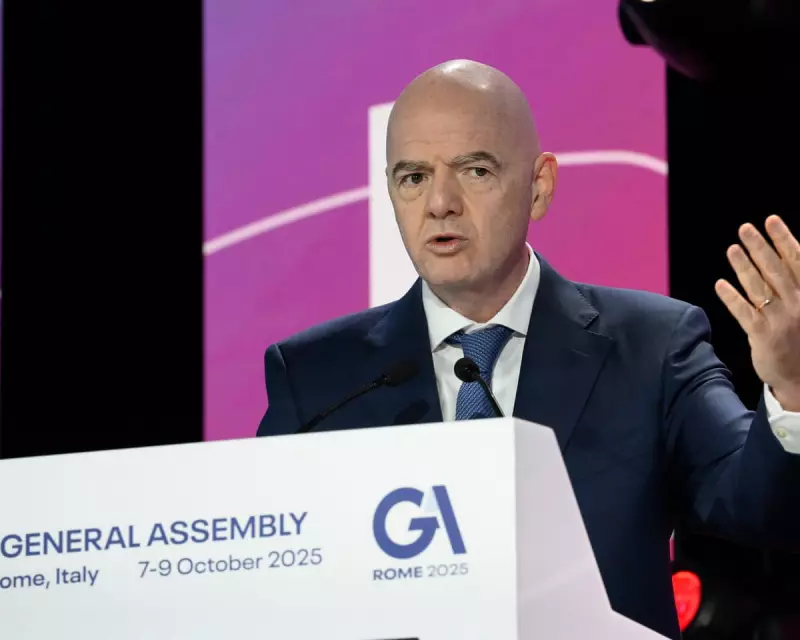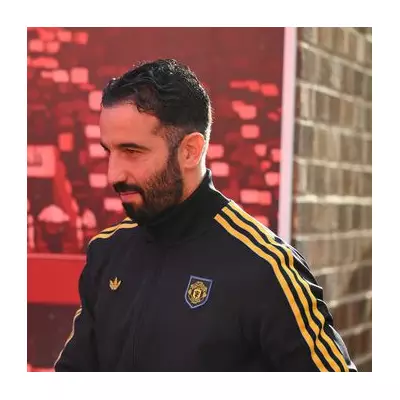
In a move set to transform the international football landscape, FIFA President Gianni Infantino has unveiled ambitious plans to significantly expand both the World Cup and Club World Cup tournaments.
The Expanded World Cup Vision
The revamped World Cup format will see the tournament grow to include 48 teams, with matches spread across multiple host nations in a single region. This revolutionary approach aims to make the competition more inclusive while maintaining its prestigious status.
Infantino passionately defended the changes, stating they represent "the future of global football" and will create unprecedented opportunities for developing football nations.
Club World Cup Transformation
Equally dramatic is the complete overhaul of the Club World Cup, which will expand to feature 32 teams competing every four years. The inaugural edition of this expanded tournament is scheduled for the United States in the coming years, promising a festival of club football that rivals international competitions in scale and prestige.
Financial Windfall and Global Development
The FIFA president emphasised the financial benefits, projecting that these expanded tournaments will generate approximately £3.5 billion in revenue. Infantino pledged that these funds will be strategically reinvested into football development worldwide, particularly in nations where the sport is still growing.
"This isn't just about more matches—it's about building football's future everywhere," Infantino declared during his announcement.
Addressing Player Welfare Concerns
While acknowledging concerns about player workload, Infantino argued that the new formats actually reduce the total number of matches for most players compared to previous proposals. The restructuring aims to create a more balanced international calendar while delivering more high-quality football to fans globally.
The changes represent the most significant shake-up in international football governance in decades, positioning FIFA to capitalise on growing global interest in the sport while facing inevitable scrutiny from traditionalists and player welfare advocates.





